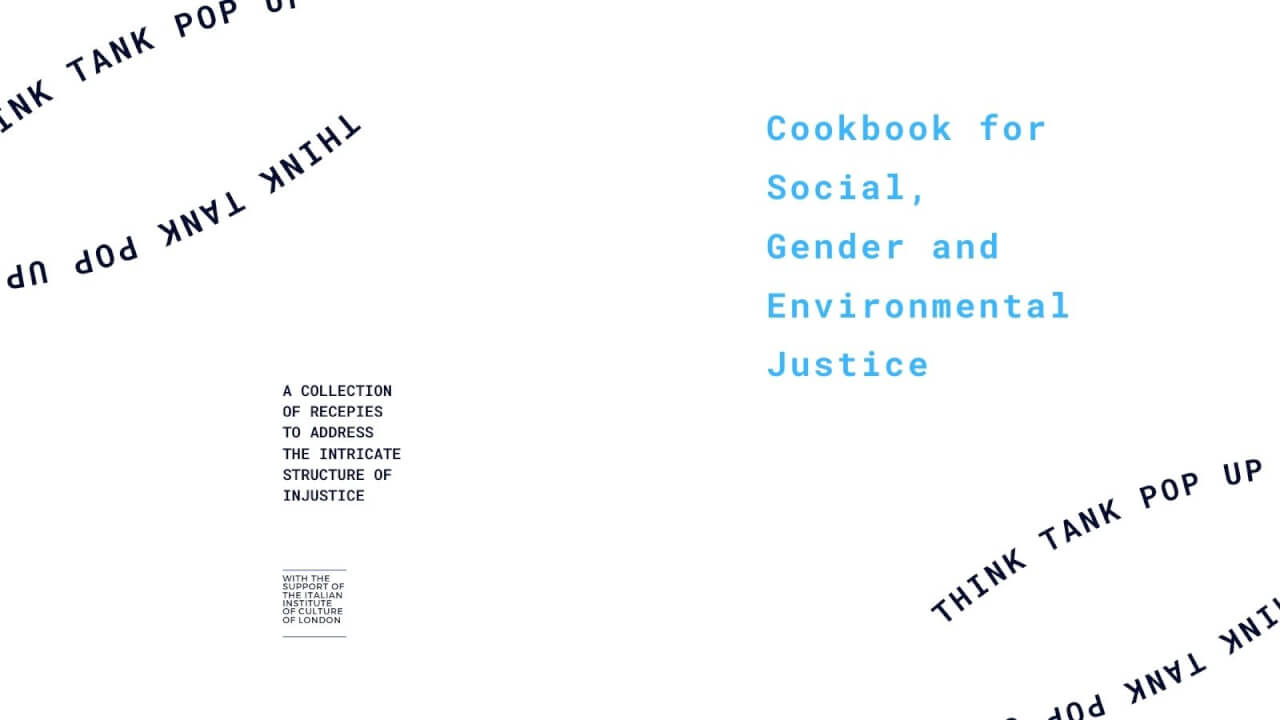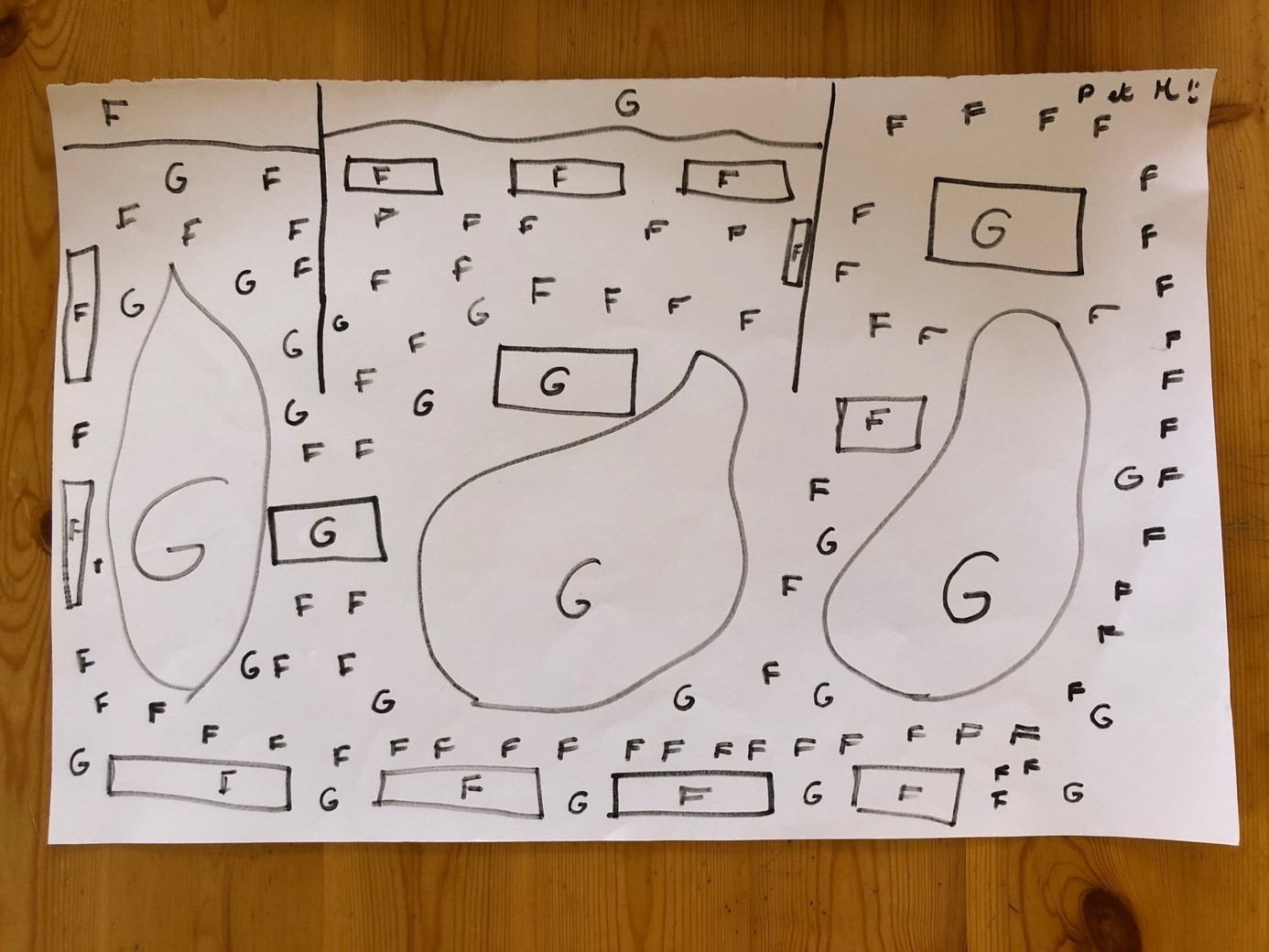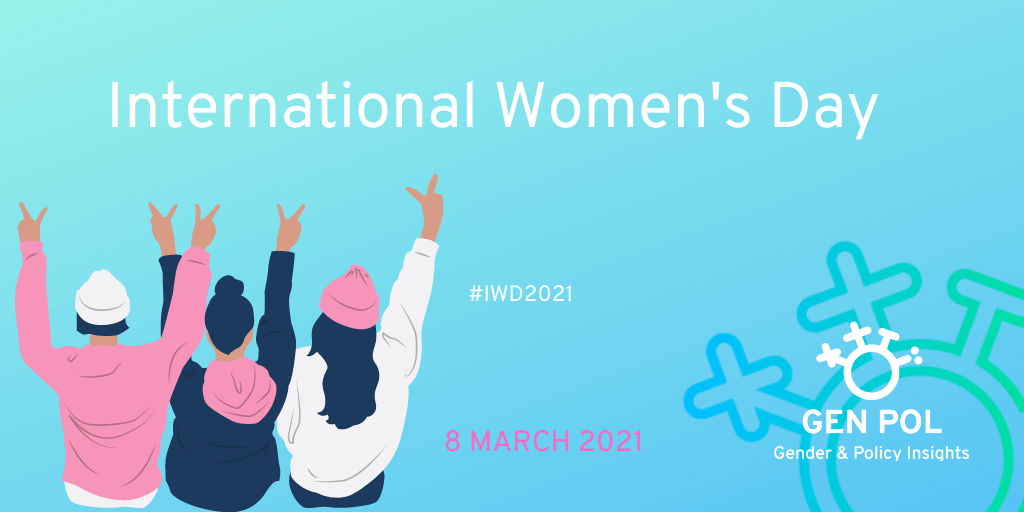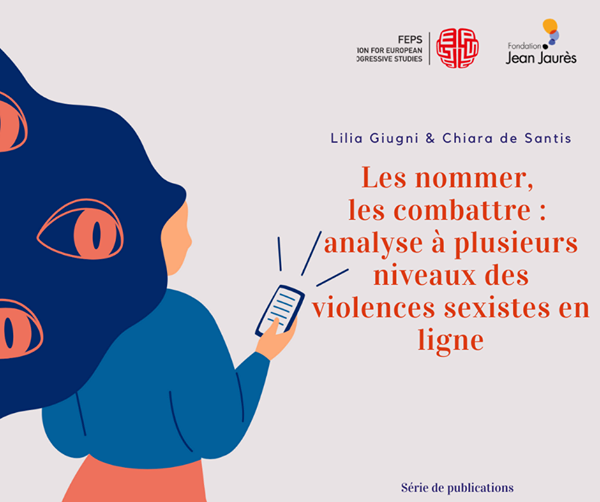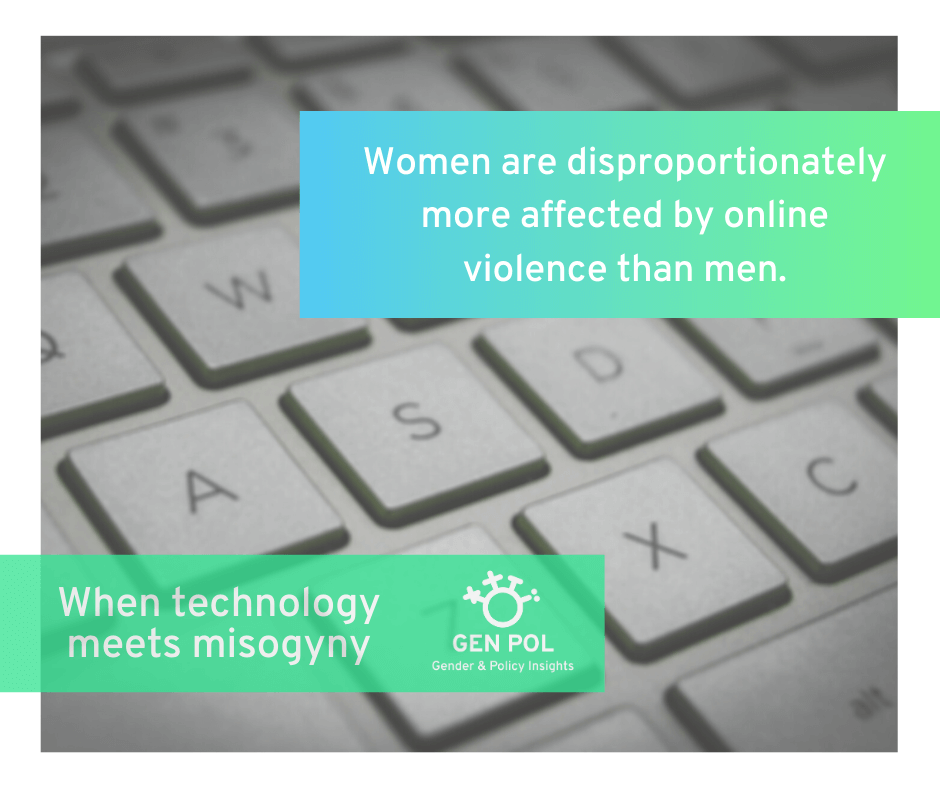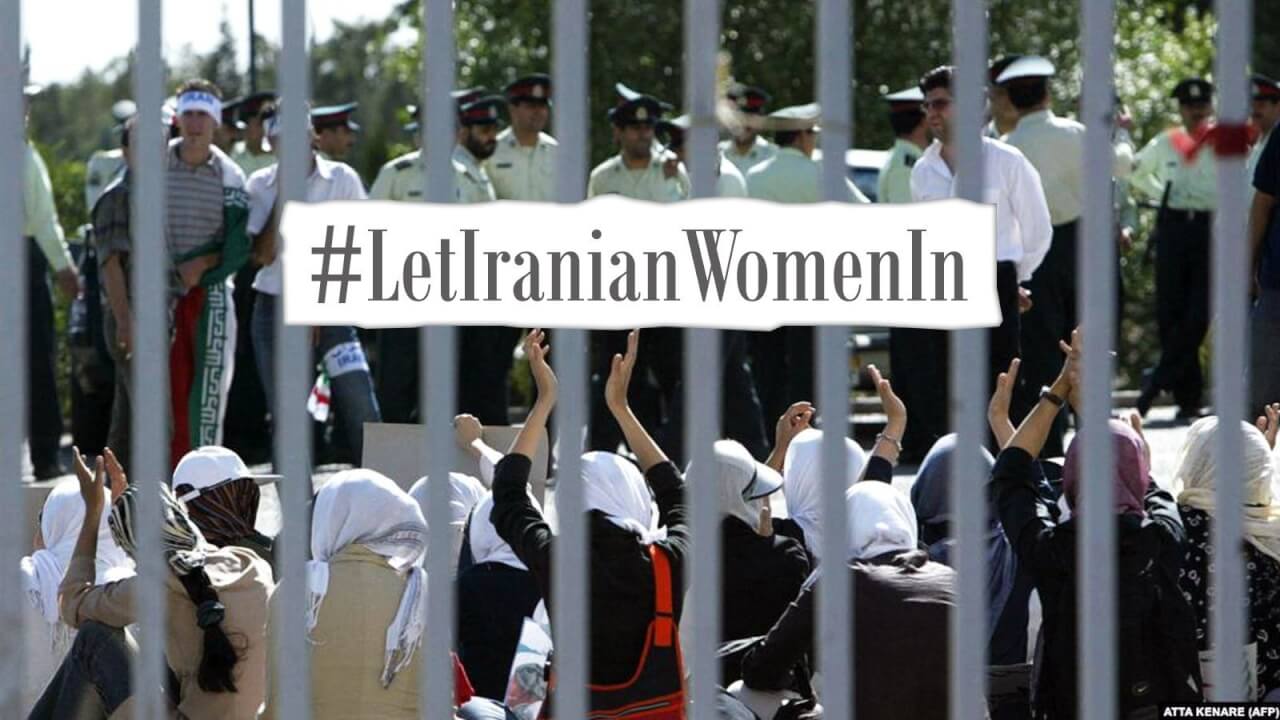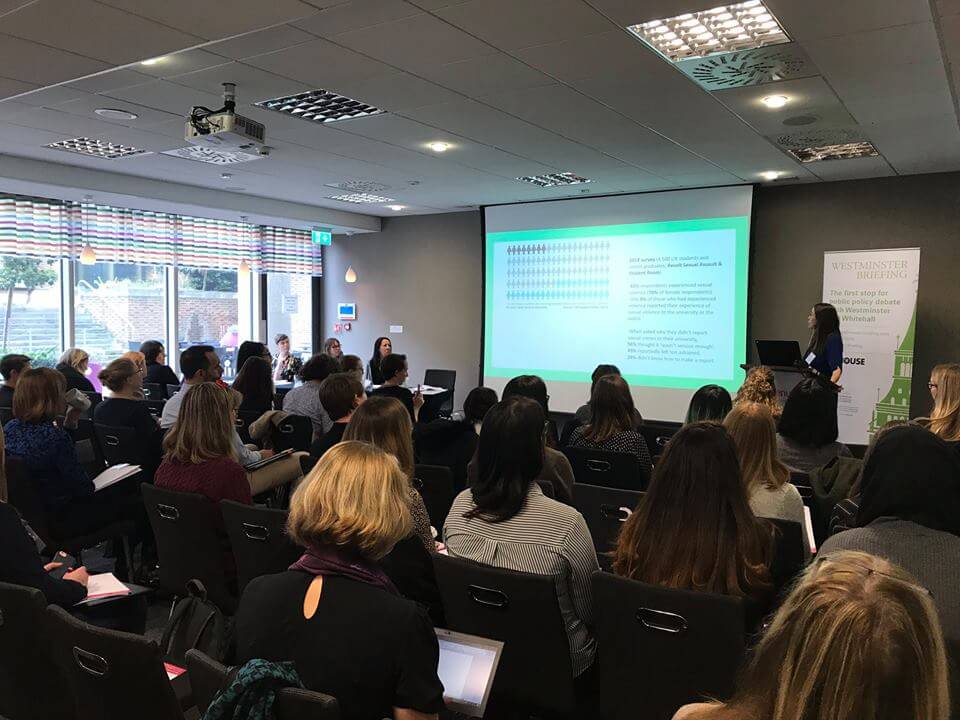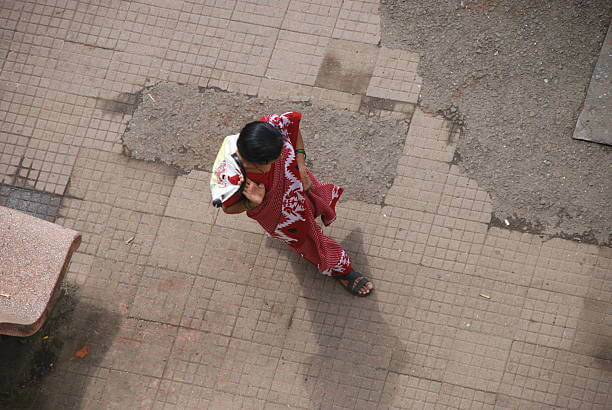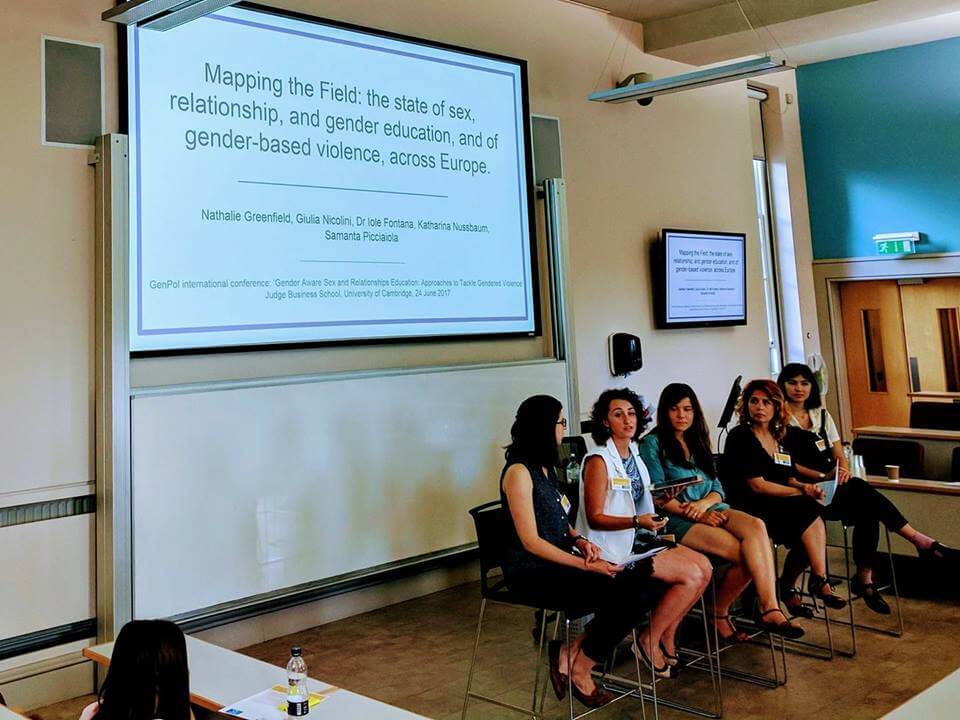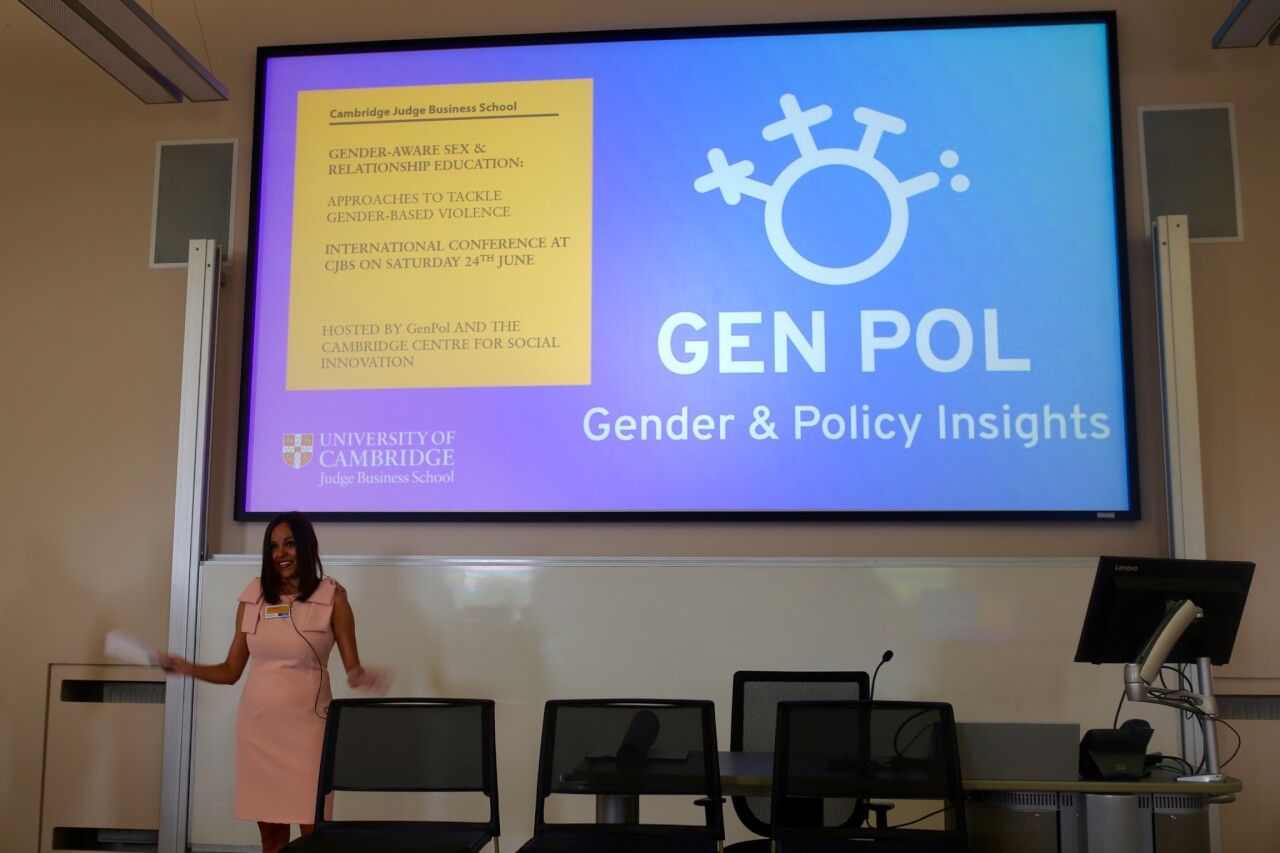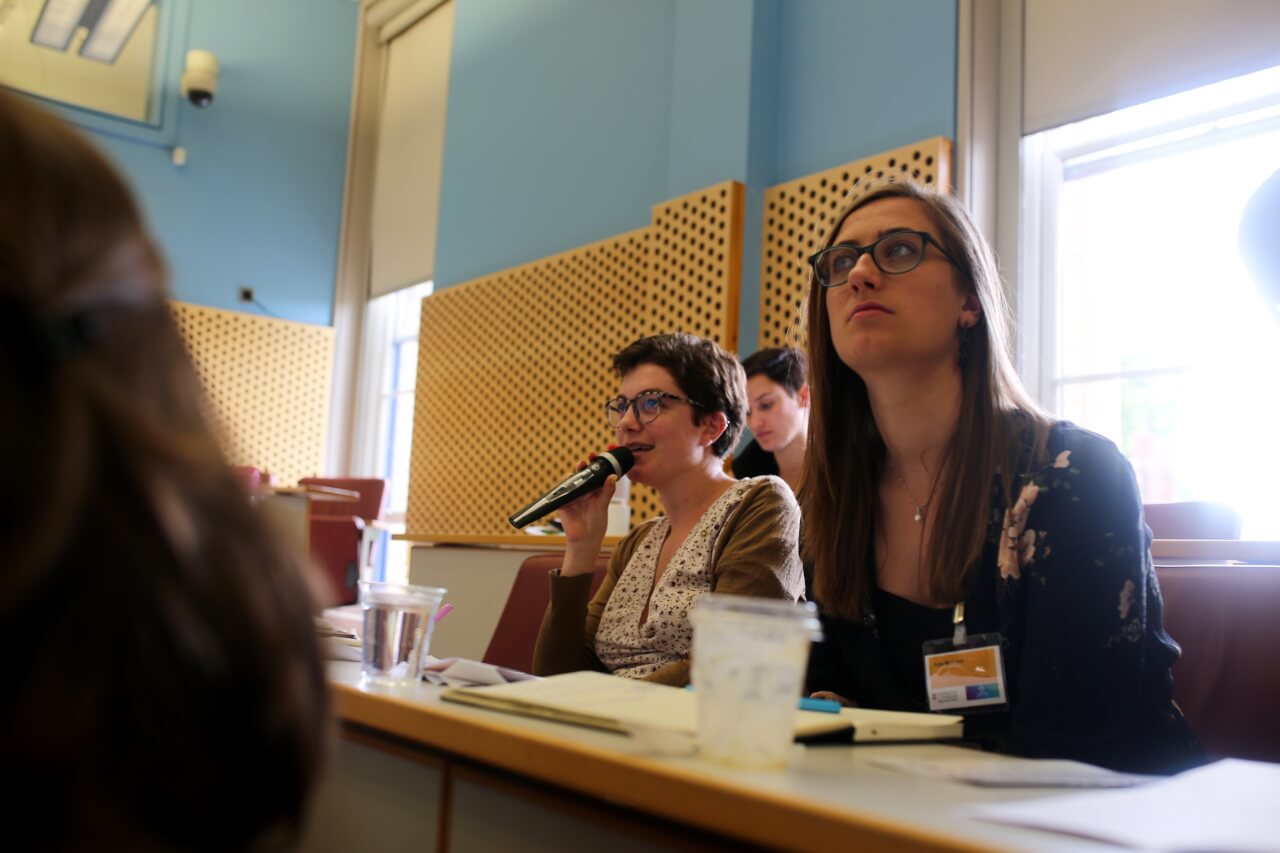
Menstruation is one of the most important biological functions facilitating reproduction. Despite the scientific and reproductive relevance of menstruation, taboos & peculiar beliefs about it are quite common, nearly universal. In some communities, menstruating women are instructed to sleep in shed outside the home, also referred to as ‘seclusion practice’ by Thapa et, al. and in some other communities, women are instructed to not participate in religious ceremonies, to not enter the kitchen or a place of worship, and to not even serve food to the male members of the family.
One common undercurrent in almost all the taboos & beliefs surrounding menstruation is impurity. Although, it is quite difficult to trace the origins of ‘sense of menstrual impurity[ED1] [po2] [ED3] ’ [Priyanka Ohri], the negative connotation of impurity makes the function of menstruation something to be ashamed of, something that should not be talked about and something that needs to be expelled out of the body before somethings like going into the kitchen can be accomplished.
One such observation was made, while conducting an intensive and immersive research into reproductive health Knowledge, Attitude, Behaviour and Practice (KABP[ED4] ) in the Gaddi Tribe (semi-pastoral agricultural community) that resides in the Indian Himalayas. The results of the research revealed that women preferred to keep themselves exceptionally clean during menstruation[ED5] . They understood that they could not go to important places in the house like the kitchen because menstrual blood was dirty. They also highlighted that it was also not advisable for menstruating women to cook and serve food, specifically to the male members of the household[ED6] .
The present research utilized mixed methods to understand the nuances of social dynamics and cultural beliefs surrounding reproductive health. The in-depth conversations with the community were instrumental in revealing the extent of influence of cultural knowledge. It revealed that the cultural knowledge is symbolic of their cultural heritage and maintains their distinct identity as a community. The community also likes to maintain a cultural continuity by passing this information from generation to generation. The presence of cultural knowledge was also found to be a reason behind many menstrual behaviours.
A woman respondent, age 35, from village Panjsei in Bharmour [Chamba District, Himachal Pradesh, India] explained that she felt dirty going to the temple and she did not serve food to her husband because of his participation in religious affairs. These instructions were not only passed down by generations of women before her but were also learnt by observing other women in her household. However, for women, it was the menstrual blood, that was dirty and not the menstrual function or the women. As another woman respondent, age 27, village Garola, Holi in Bharmour explained that for her it was extremely important to follow the family traditions and other female members of the family help her during menstruation. During menstruation, her body becomes dirty, which consequently needs to be cleaned. However, when probed for further clarification, she elaborated that it was her body that temporarily became dirty and not her as a human being.
A Different Perspective
At first, from a narrow lens, I understood that it was unfortunate for women. Not being able to participate in kitchen affairs, and not being able to serve food to the male members was restrictive. For me, it clearly meant hierarchical value of men over women. However, this perspective does not take into consideration other aspects that there might be. [ED7]
The more[ED8] women (across ages) I spoke to, the more I understood that within their specific socio-cultural context, restriction over entering kitchen, cooking, and serving food had many layers to unravel. Not being able to cook, meant a few days of rest from kitchen duties. As Anna Duret points out, some menstrual traditions facilitate female autonomy and provide relief from work. Further, it is quite clear that Gaddi women’s day-to-day interactions during menstruation are influenced by the cultural knowledge. This generational knowledge has taken the form of a belief and socio-cultural norms which has been woven into the unquestionable narrative of Gaddi life. The present generation and the generations before them have co-created the context [menstrual blood is dirty] in which menstrual behaviour [not entering the kitchen until clean] takes place. To put it simply, Gaddi community has a shared understanding about the socio-cultural norms of menstruation. This in turn has created a menstrual Gaddi subculture within a larger culture. It challenged my existing perspective and forced me to create a space in my understanding about the way people lived their life and continue to do so.
Yet, at the same time the restrictive and exclusion dimensions of such beliefs & behaviours, perpetuating gender inequalities cannot be ignored[ED9] . In fact, there are some communities in the world where menstrual traditions take on extreme form e.g. in Nepal where menstruating women are isolated for four days. So, when I attempt at providing a different perspective on norms & traditions with inherent inequalities, I know, I walk a tight rope.
Despite the universal menstrual beliefs or taboos, there are two things that can be seen from the menstrual subculture/s. First, every belief, leading to the behaviour has two sides. Secondly, exploring socio-cultural norms play a vital role in understanding the context within which these behaviours occur. For example, in this case, in the Gaddi community, relief from work and gender inequality within a larger social system are the two sides of the same coin. However, within their specific context, the community does not perceive the behavior as perpetuating inequality [hindering their rights] in any way. In fact, a specific behaviour is an expectation from them. Moreover, women and other household members have tried to eliminate the rigidity around the behaviour by incorporating taking a bath before doing anything important. Consequently, it only makes sense to keep in mind this menstrual subculture while formulating reproductive health policies.
Insights for Health Policy: A Way Forward
The positive aspects of beliefs and norms in sync with the health mandate of menstrual hygiene can inform health policy. It can be a starting point for a dialogue to consider the cultural beliefs and the context of these beliefs The policy makers can invest more time, effort, and money to conduct more narrative based research. It can be done in conjunction with the health outcomes research, which can facilitate the understanding of cultural context of specific behaviours within specific communities. The willingness to discuss their cultural beliefs and know the context is vital for people [beneficiaries of the policy] to be able to trust new policies. It shows them that their culture is respected. The idea of respecting specific cultures, while designing policies also improves access to health care services. An element of cultural sensitivity in the policies is vital not only for patients in culturally diverse settings, but also for patients in geographically and socio-culturally close-knit communities. In fact, more so for the latter. As living in close-knit communities can make it easy for them to dismiss the policy interventions. In case, majority of people in their community affirm the cultural insensitivity. It has been observed that healthcare services, which are safe for the culture are more acceptable to the community members.
So, while paying attention to the menstrual subcultures of specific communities, policy makers would have insight into positive health behaviours which already exist. At the same time, they would also understand those foundational beliefs, which are not conducive for positive health outcomes or restrict people’s access to quality healthcare services or perpetuate inequities. Now, with insights and evidence-based information/data, specific strategies can be formulated aiming for change in those negative health behaviours which are not good for health and gender outcomes in the long run.
The most important thing here is the dialogue between policy makers and grassroots community members of all genders in their own settings. I say all genders because specific behaviours are performed within a larger context with the validation of other gender/s as well. Hence, despite the silence around menstruation, menstrual behaviours cannot be understood in isolation. This can only happen with more grassroots evidence-based research conducted by culturally sensitive researchers. So, there is need to invest more time and money not only in conducting advanced research, but also to train the researchers. Further, cultural sensitivity which will be learnt through dialogues, trainings, and research can also be taught to the healthcare providers like doctors and nurses [creating wholistic policies]. It can help in creating cultural competent and sensitive healthcare providers, which will in turn improve access to the healthcare services.
Priyanka Ohri
